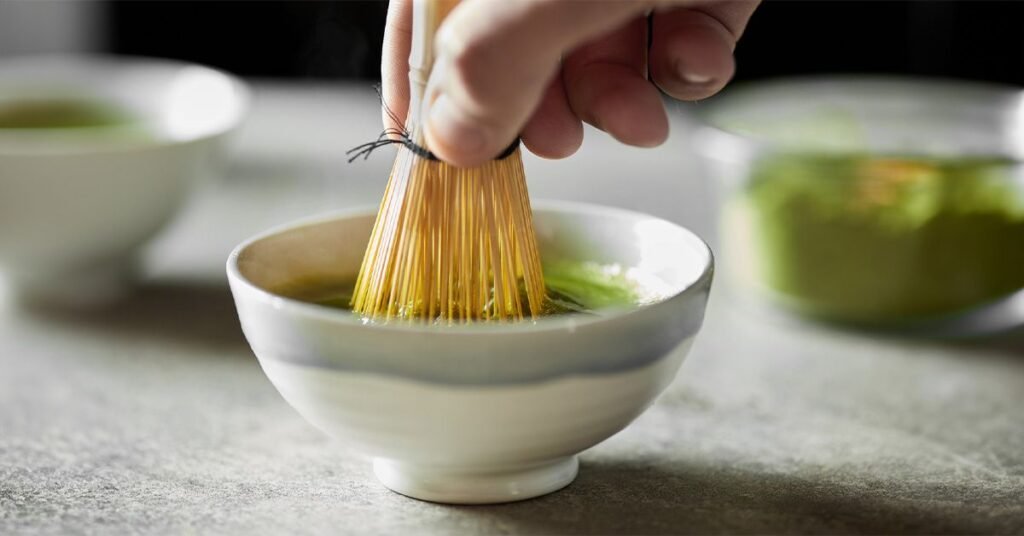Researchers in Japan conducted a study to explore the cognitive benefits of matcha green tea for older adults. Matcha green tea is known for its high levels of antioxidants, vitamins, minerals, and bioactive compounds, which can provide various health benefits. The study aimed to investigate whether matcha green tea could improve cognitive functioning in older adults, particularly those with mild cognitive impairment or subjective cognitive decline.
The study involved 99 participants aged 60 to 85, with some reporting mild cognitive impairment and others reporting subjective cognitive decline. The participants were randomly assigned to either a matcha group or a placebo group, and they were observed for 12 months. The matcha group consumed 2 grams of green tea capsules daily, while the placebo group consumed capsules containing corn starch. Cognitive assessments were conducted at the beginning, end, and 6 months after the study intervention, along with neuroimaging to monitor changes in gray and white matter levels in the brain.
The results of the study showed that participants in the matcha group did not show significant improvement in memory or executive functioning compared to the placebo group. However, older adults with mild cognitive decline who took matcha did show improvement in social cognition and sleep quality. The researchers noted that the theanine in matcha may have contributed to improved sleep quality, which is important for maintaining physical and mental health in older adults.
Improvements in social acuity scores in the test group were also promising, as participants showed improvements in recognizing facial expressions and understanding word meanings. Social communication difficulties are an early indicator of dementia, and the improvements in social acuity may have a positive impact on overall cognitive health. Experts suggest that more research is needed to understand the precise effects of matcha on cognitive health, including more sensitive neuropsychological testing and biomarker analyses.
While matcha may not have a future as a standalone dietary intervention for dementia, experts are curious about how it may impact sleep quality. Some neurologists are interested in exploring the effects of matcha consumption at different times of the day and how the theanine content in matcha may affect sleep patterns. It is suggested that people continue to enjoy matcha drinks but should not consume them with expectations of preventing dementia in the preclinical stages. Further research is needed to determine the specific effects of matcha on cognitive health and overall well-being.











